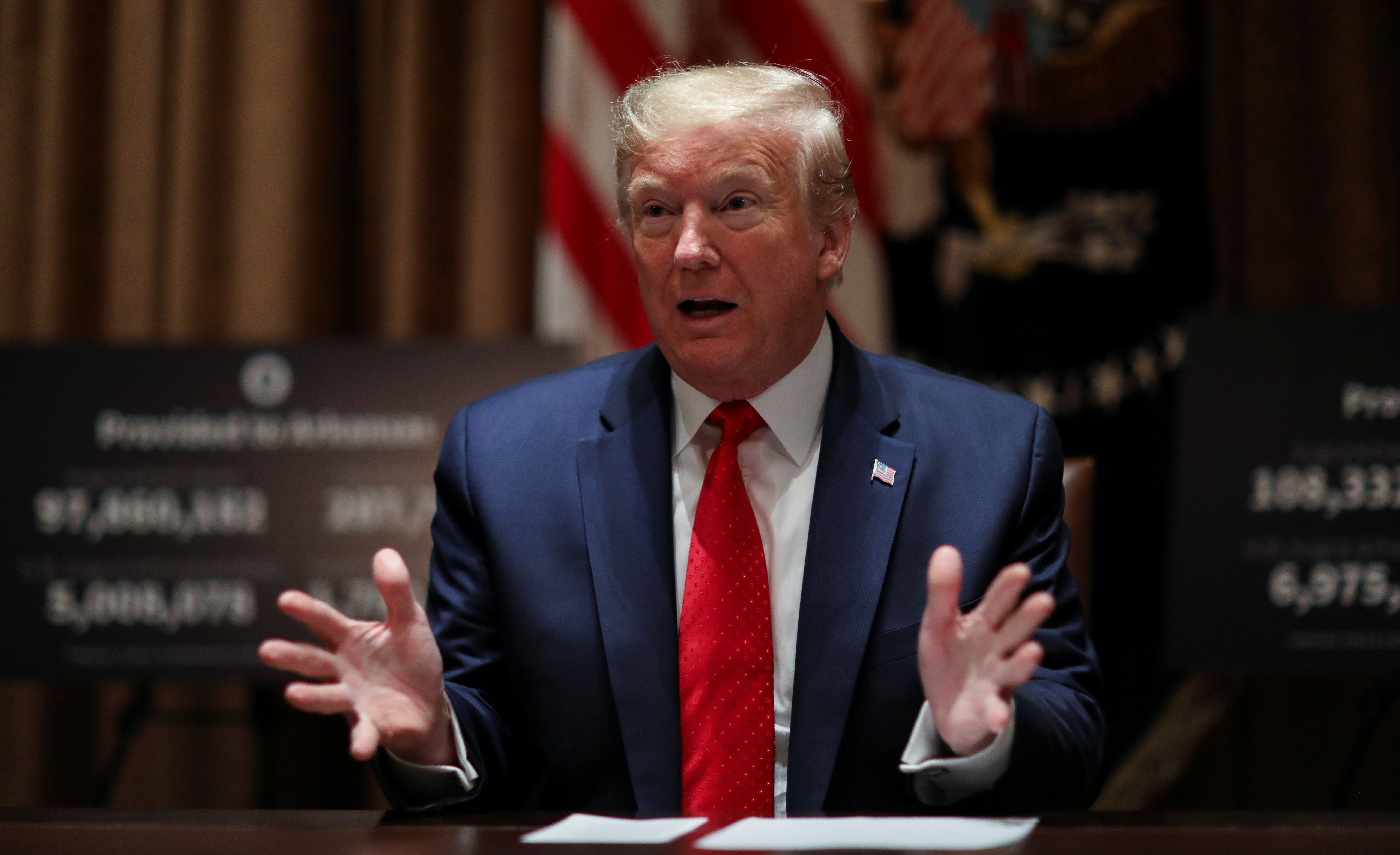The U.S. Will Leave the World Health Organization

Why did Trump announce the U.S. will leave the organisation?
The president’s move carries through on an ultimatum he gave on 18 May in connection with the Americans’ criticism of WHO’s actions in response to the COVID-19 pandemic. Trump announced then that he would permanently suspend payments to the organisation and reconsider U.S. membership if the WHO did not commit itself to major substantive reform within 30 days. Just 11 days later, on 29 May, Trump declared that the WHO had refused to make the changes proposed by his administration and again stated that the organisation is controlled by China, which he blames for the spread of COVID-19, citing them as reasons for the U.S. withdrawal and committing to transfer funds intended for it to other healthcare institutions.
In addition to these reasons, Trump also appears to be hoping public attention will shift to the WHO and away from his administration’s late response to the threat of COVID-19, as the move comes just days after the number of U.S. pandemic deaths passed 100,000.
What does Trump’s decision mean for the U.S.?
In the short term, the administration’s cooperation with the WHO will be terminated. One can also expect debates in Congress regarding the legality of the president’s order to withdraw from the organisation and the administration’s redirection of funds to other institutions without congressional approval.
When joining the WHO in 1948, the U.S. reserved for itself the right to leave provided it gave a year-long notification and met its financial obligations in the given year. It should now take these steps if it wants to withdraw. Until the end of the notice period, the U.S. will be able to return. Trump’s opponent in the November presidential election, Joe Biden, had declared before he intended to cooperate with the WHO, and if he wins, may cancel the withdrawal.
What are the likely effects of Trump’s decision?
The U.S. action makes it difficult for the WHO to cooperate with American experts on key problems, including COVID-19. If the U.S. fully leaves the organisation, it will also deprive it annually of more than $400 million in revenues from dues and voluntary contributions, which is about 15% of its budget. If it wants to maintain its revenues, other countries will have to cover this gap, for example, China, whose chairman Xi Jinping declared on 18 May at the WHO that his country will allocate $2 billion in 2020–2021 to fight COVID-19. Although it is unclear how much of this amount China will actually transfer to the organisation, it could at least partially make up for the lack of U.S. funding.
However, U.S. NGOs, such as the Bill & Melinda Gates Foundation and the National Philanthropic Trust, will still be able to support the WHO with their expertise and funds. In 2018, these two alone donated more than $300 million to it.
What does the U.S. action mean for Poland?
From Poland’s perspective, Trump’s efforts to withdraw the U.S. from the WHO are detrimental. They weaken the U.S. negotiating position as a potential ally in the efforts to reform the organisation and its ability to respond to public health threats. They may also make it more difficult to change the 2005 International Health Regulations (IHR), which impose obligations on countries to prevent the spread of diseases such as COVID-19. China’s response to the outbreak in Wuhan has suggested the need to tighten these rules, for example, by introducing sanctions for non-compliance with the obligation to promptly notify WHO of public health risks. Although the U.S. is likely to remain a party to the IHR, its position will be weaker in the debate about changes.
.


